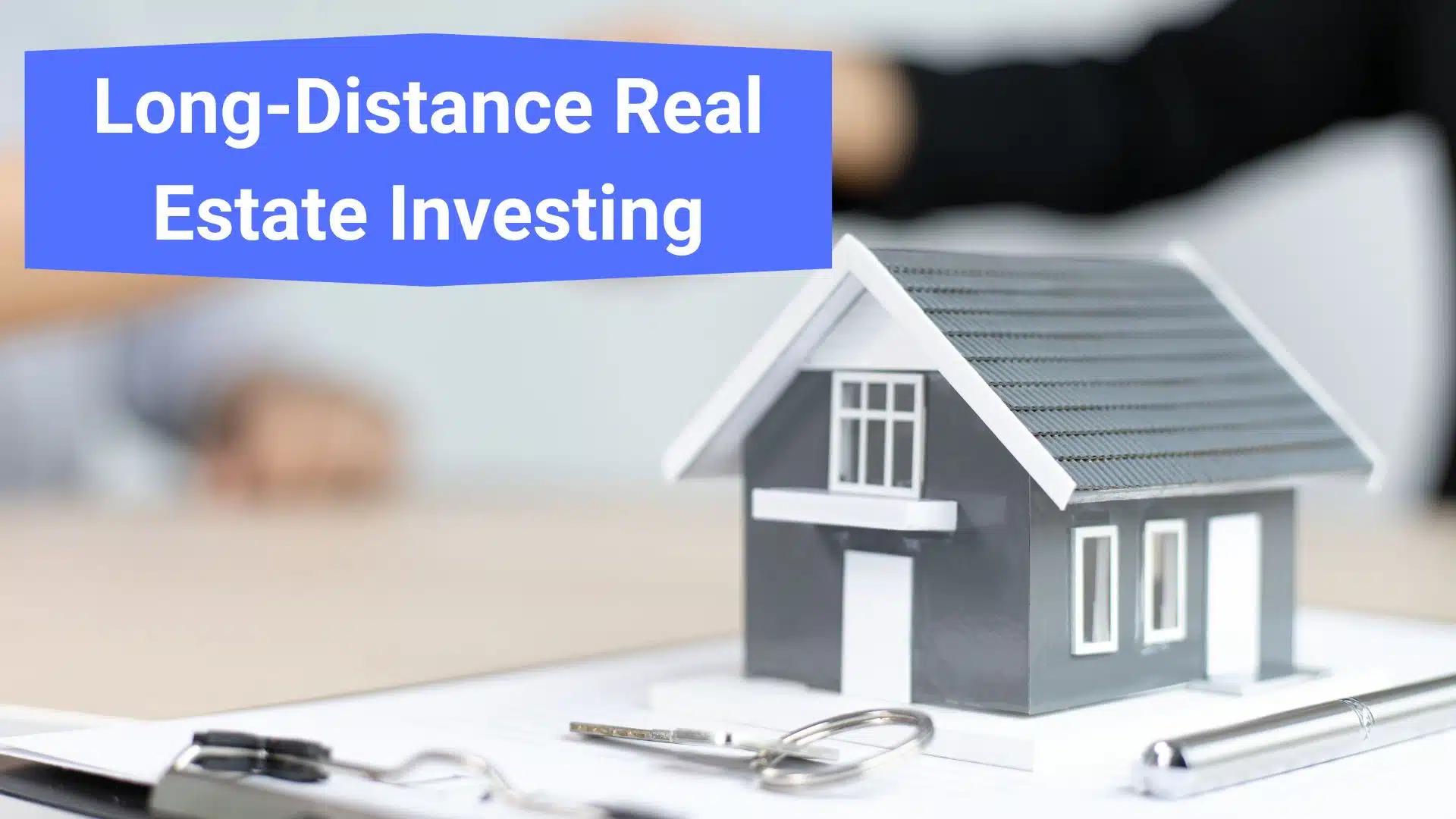The money flow in commercial real estate has significantly slowed. Investors are cautious due to economic uncertainties.

Credit: www.reddit.com
Commercial real estate is facing a challenging period with a noticeable slowdown in investment. Economic uncertainties and rising interest rates have made investors more cautious. This trend is impacting property development and transactions across major markets. The financial strain is evident as developers and property owners struggle to secure funding.
High borrowing costs and a volatile market are creating a tough environment for new projects. Investors are now prioritizing stability and low-risk opportunities, leading to a decrease in the capital flowing into commercial real estate. This shift has significant implications for the future of the industry, potentially altering development patterns and investment strategies.
Economic Downturn
The economic downturn has hit commercial real estate hard. Investors are now very cautious. Many are pulling their money out. New projects are on hold. Existing properties are losing value. Renters are also struggling. This makes it even harder for owners. They can’t cover their costs.
Investor sentiment is at an all-time low. Fear of losses is high. Few are willing to take risks. Everyone is looking for safer options. Many investors are turning to bonds and savings accounts. The perception of real estate as a secure investment has diminished. This has caused a ripple effect. The whole market is now unstable.
Financing Challenges
Banks are now more cautious. They scrutinize loan applications more strictly. Borrowers need higher credit scores. Down payments must be larger. Loan approval takes longer. This slows down deals. Smaller projects struggle the most. Lenders also demand more collateral. This increases financial stress on businesses.
Interest rates have gone up. Loans are now more expensive. Higher rates increase monthly payments. This reduces profits for businesses. Some projects become unaffordable. Investors hesitate to take new loans. Existing loans also become costlier. Refinancing is less attractive. This impacts overall market activity.
Property Value Decline
Commercial real estate values are dropping. Appraisals are lower than before. Banks are lending less money. Investors are hesitant to buy properties. This initiates a ripple effect within the market. Property owners might lose their investments. New projects are on hold. The overall market is unstable.
Distressed sales are becoming common. Owners sell properties at a loss. They need quick cash. These sales lower the market value further. Buyers get good deals, but the market suffers. This trend shows financial instability. It affects both small and big investors. The cycle is hard to break.
Tenant Struggles
Many commercial buildings are now empty. Businesses have closed down. No new tenants are taking their place. Landlords are worried. Empty spaces mean no rent money. This creates a big problem.
Rent collection has become difficult. Tenants are struggling to pay their rents. Some have asked for rent reductions. Others have stopped paying altogether. Landlords are losing income. This affects their ability to maintain the buildings.
Impact On Development
Many commercial real estate projects have stalled due to the lack of funds. Construction sites are quiet and workers have no tasks. This situation has led to many job losses and uncertainty.
Developers are facing financial difficulties and cannot proceed. Small businesses relying on these projects are also affected. The entire community feels the impact of stalled projects.
Permit delays are another big problem. Without permits, construction cannot start. Governments are slow in processing these permits. This causes frustration among developers.
Investors are losing patience and withdrawing their support. The delay in permits extends the project timeline and increases costs. This makes it hard for developers to manage their budgets.

Credit: www.reddit.com
Market Segments Affected
Many office spaces are now empty. Businesses prefer remote work. This trend hurts landlords. Rent payments have dropped. Many companies have closed their offices. New leases are rare. Office space demand is low. Prices have fallen. Landlords face financial stress.
Retail properties are also suffering. Online shopping is more popular now. Stores see fewer customers. Many shops have shut down. Vacancy rates are high. Rent prices have decreased. Retail landlords struggle to find tenants. The value of retail properties has dropped.
Government Response
The government has launched relief programs to help commercial real estate. These programs offer financial aid and grants. They aim to support businesses facing cash flow issues. Loans with low interest rates are available. Grants do not need to be repaid. This helps businesses stay afloat.
Regulatory measures are also in place. They are meant to stabilize the market. Some rules have been relaxed to help landlords and tenants. Eviction bans protect tenants from losing their spaces. Tax breaks are provided to property owners. These measures aim to create a balanced and fair market.
Future Outlook
Commercial real estate faces a challenging time. Investors are worried about their returns. Recovery may take a long time. Some experts believe it could be a slow process. Others think it might bounce back quickly. The future remains uncertain. Strategies need to be adaptable. Monitoring the market will be crucial.
Technology will shape the future. More businesses are going online. This reduces the need for office space. Remote work is becoming more popular. Urbanization trends might slow down. People might move to smaller towns. Sustainability will become important. Green buildings will be in demand. Long-term planning is essential for success.
Frequently Asked Questions
What Is The Biggest Problem In Commercial Real Estate?
The biggest problem in commercial real estate is economic uncertainty. Fluctuating markets and interest rates affect property values and rental incomes.
What Is Good Cash Flow For Commercial Real Estate?
Good cash flow for commercial real estate typically ranges between 8-12% annually. High-quality properties in prime locations may yield more. Consistent rental income, low vacancy rates, and manageable expenses enhance cash flow.
Is Commercial Real Estate Affected By Recession?
Yes, commercial real estate is affected by recession. Demand for office space and retail locations often decreases. Property values can drop, and vacancies may rise.
What Is The Failure Rate In Commercial Real Estate?
The failure rate in commercial real estate varies. It typically ranges between 20% to 30%, depending on market conditions.
Conclusion
The commercial real estate market faces new challenges as the money flow slows. Investors need to adapt quickly. Strategic planning and innovative approaches are essential. Staying informed and agile can help navigate this changing landscape. The future holds opportunities for those who are prepared and proactive.






